Introduction
As alcohol consumption continues to be a common social activity, understanding its effects on the body is crucial for differentiating between temporary discomfort and life-threatening conditions. Whether it’s a hangover or the more dangerous alcohol poisoning, recognizing the symptoms and knowing how to respond can make a significant difference in outcomes. This article explores the key differences, symptoms, causes, and treatments for both conditions, guiding readers to make informed decisions about their health and safety.
Recognizing Hangover Symptoms
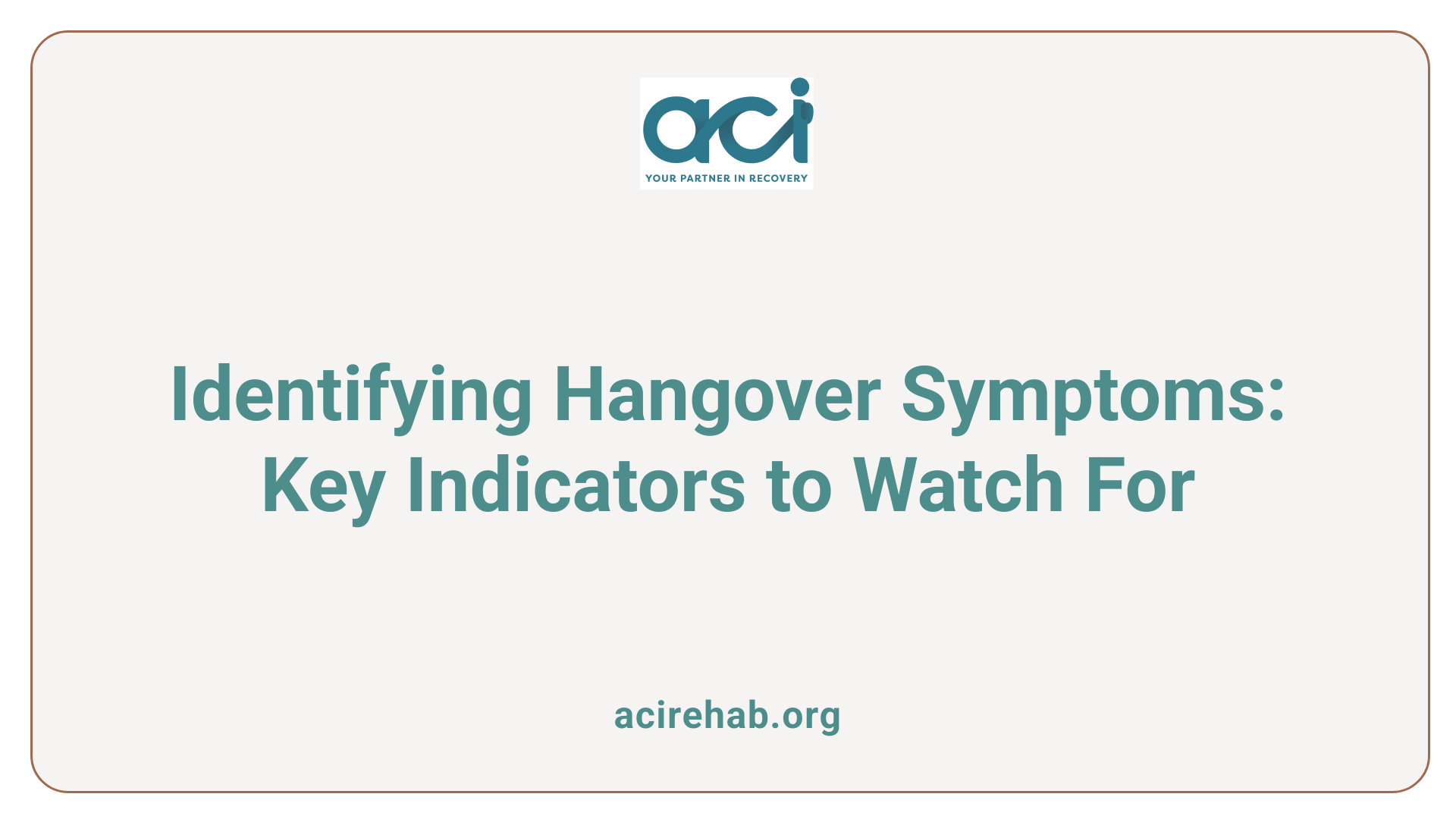
Common symptoms
A hangover is characterized by a range of unpleasant physical and psychological symptoms that can include:
- Headache: Often due to dehydration and irritation of the stomach lining.
- Nausea and vomiting: Resulting from gastrointestinal upset.
- Fatigue: A general sense of tiredness and weakness.
- Sensitivity to light and sound: Heightened sensory perception can be uncomfortable.
- Dizziness: Frequently linked to dehydration and low blood sugar.
- Excessive thirst: A notable symptom of dehydration following alcohol consumption.
Onset and duration
Most hangover symptoms occur within 6 to 8 hours after drinking, typically becoming noticeable once blood alcohol content (BAC) falls significantly. Symptoms can last up to 24 hours, gradually diminishing as the body recovers.
Causes
The main factors contributing to hangover symptoms include:
- Dehydration: Alcohol is a diuretic, leading to fluid loss.
- Low blood sugar: Alcohol consumption can disrupt glucose levels.
- Gastrointestinal irritation: Drinking can irritate the stomach lining.
- Poor sleep quality: Alcohol tends to disrupt normal sleep patterns, contributing to fatigue and irritability.
To determine if you’re hungover or sick, consider the onset and duration of your symptoms. Hangover symptoms typically arise after a night of drinking and include headaches, nausea, fatigue, and sensitivity to light or sound, usually improving within a day. On the other hand, if you’re sick, especially with the flu or a cold, symptoms may develop gradually and can last several days. Flu symptoms often include high fever, body aches, and severe fatigue, while cold symptoms are generally milder. If your symptoms persist or worsen, it’s a good idea to consult a healthcare professional for a proper diagnosis.
Understanding Alcohol Poisoning
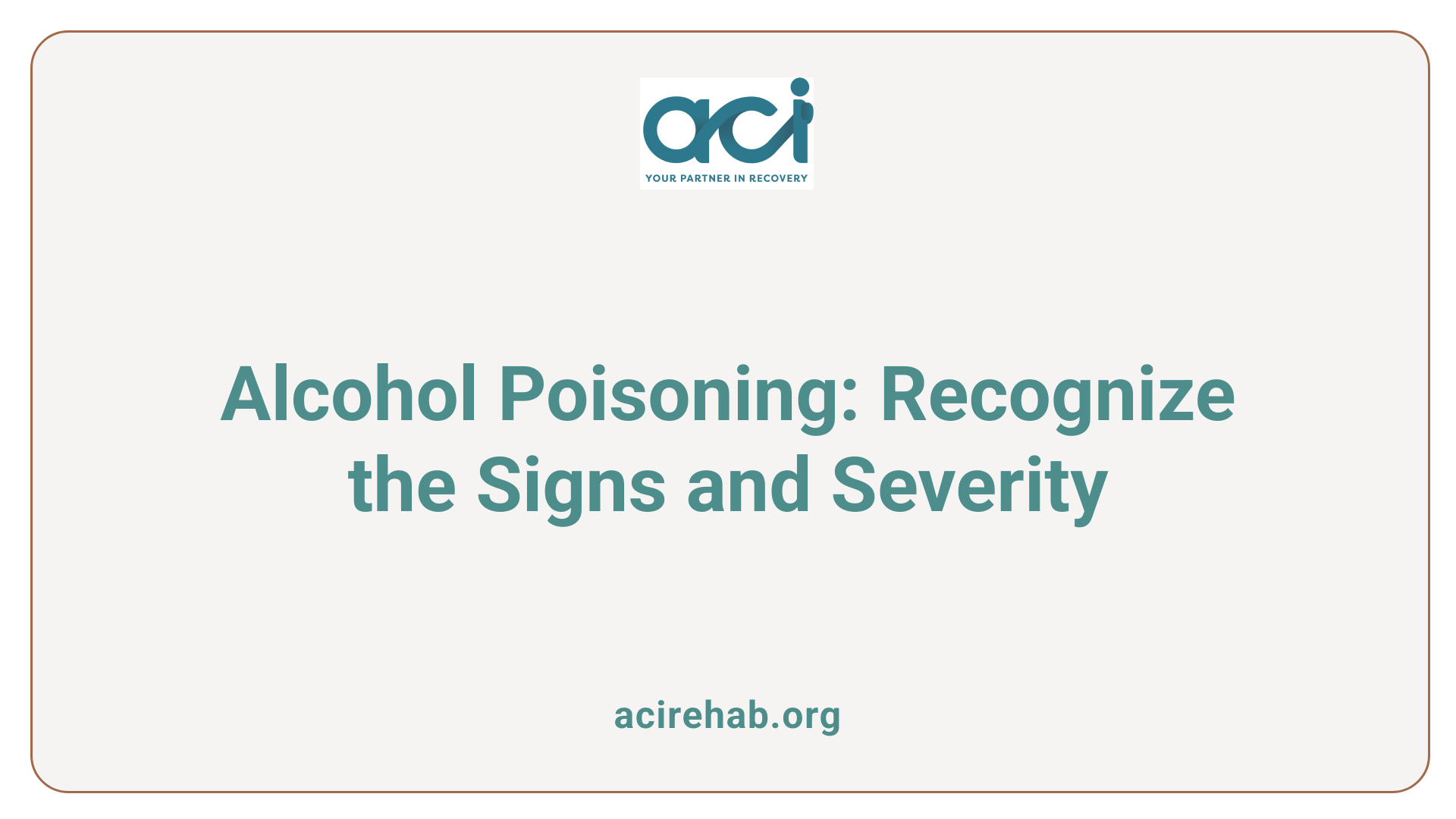
Severity of Symptoms
Alcohol poisoning presents a range of severe symptoms that can indicate a life-threatening situation. Key symptoms include:
- Confusion: The individual may not be oriented to their surroundings.
- Slowed or irregular breathing: Fewer than eight breaths per minute can signal serious issues.
- Severe vomiting: Often uncontrollable and may lead to choking hazards.
- Pale or blue-tinged skin: A sign of inadequate oxygenation.
- Unconsciousness: The person may be unresponsive, requiring immediate medical attention.
Given these symptoms, alcohol poisoning must be tackled with urgency. Delays can exacerbate the situation, leading to irreversible consequences.
Fatal Potential
Alcohol poisoning can be fatal, with an alarming average of six deaths per day in the U.S. alone, summing up to over two thousand yearly fatalities. The danger escalates with binge drinking, where lethal blood alcohol levels may be reached quickly, impairing vital functions such as breathing and heart rate.
Comparison with Hangovers
While hangovers stem from the aftereffects of excessive alcohol consumption, they tend to resolve within a day and are not life-threatening. In contrast, alcohol poisoning is acute and requires hospital intervention. Typical hangover symptoms include headaches, fatigue, and nausea, which arise hours after drinking, whereas alcohol poisoning symptoms often develop during or shortly after binge drinking. Understanding these differences is crucial for ensuring timely medical care when needed.
What can be mistaken for alcohol poisoning?
A variety of medical conditions can mimic the symptoms of alcohol poisoning, including:
- Bleeding in the brain
- Electrolyte abnormalities
- Diabetic ketoacidosis
- Seizures
- Carbon monoxide poisoning
These conditions often exhibit overlap in symptoms such as confusion, vomiting, and slow breathing. In emergency settings, healthcare professionals utilize CT scans and blood tests to discern alcohol poisoning from other medical emergencies. Prompt evaluation is critical to mitigate risks of fatal outcomes.
The Causes and Effects of Hangovers
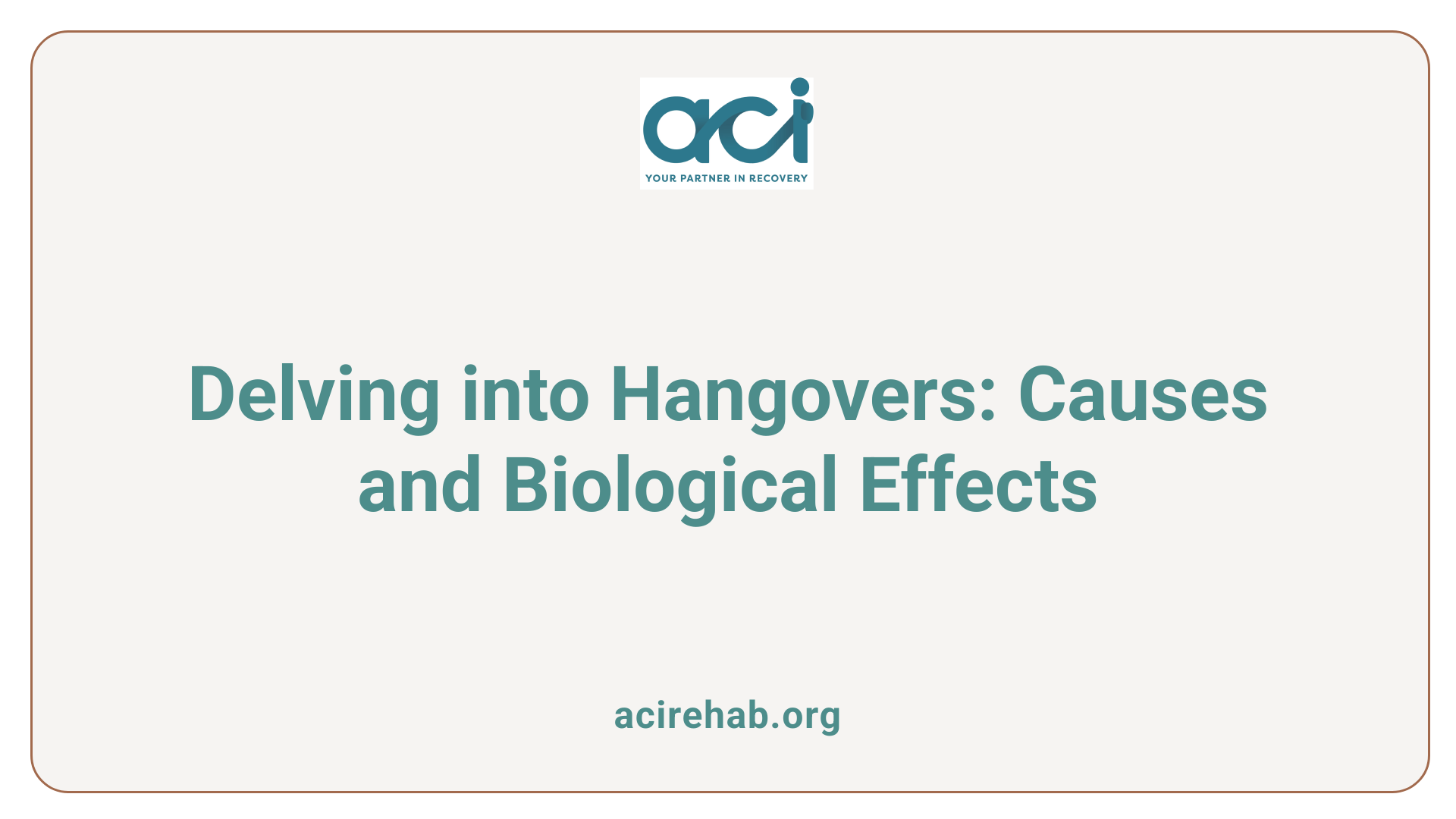
Biological Effects
Hangovers are largely the result of alcohol’s impact on the body. When consumed, alcohol causes dehydration by increasing urine production. This dehydrates the body, leading to symptoms like excessive thirst and dizziness. Additionally, alcohol irritates the stomach lining, causing nausea and pain. Low blood sugar and increased inflammation can further contribute to feelings of weakness and headache.
Contributing Factors
Several factors can worsen hangovers. Drinking on an empty stomach or mixing alcohol types can heighten symptoms. Darker alcohols often contain more congeners, which can intensify hangover discomfort. Poor sleep after drinking also plays a role, as it prevents the body from effectively recovering.
Health Consequences
While hangovers are typically uncomfortable, they are not immediately life-threatening. However, persistent heavy drinking can impair daily functioning at work, school, or home, leading to long-term health issues. Frequent hangovers can serve as a warning sign of potential alcohol dependency and should be taken seriously.
Identifying Alcohol Poisoning Symptoms and Stages
What are the symptoms and stages of alcohol poisoning?
Alcohol poisoning is a serious condition characterized by a range of symptoms that can escalate quickly if left unaddressed. The initial signs often include:
- Mental confusion: Difficulty in processing thoughts or responding appropriately.
- Difficulty staying conscious: Individuals may go from alert to unresponsive within moments.
- Vomiting: The body attempts to purge toxins, which can lead to further complications like choking.
- Seizures: Abrupt electrical disturbances in the brain due to excessive alcohol.
- Slow or irregular breathing: This indicates impaired respiratory function, with fewer than eight breaths per minute being particularly alarming.
- Dangerously low body temperature: Hypothermia can set in, leading to severe health risks.
The progression of alcohol poisoning can vary. Initially, individuals may experience euphoria and excitement, but this can quickly deteriorate into confusion and stupor. If not treated, it can lead to coma and ultimately death.
Critical symptoms
Certain symptoms signal a critical need for medical assistance:
- Severe confusion: The affected person may not recognize surroundings or even themselves.
- Unresponsive: They might not wake up when you try to rouse them.
- Pale or bluish skin: This indicates a lack of oxygen, signaling extreme distress.
Emergency responses
If you suspect someone is experiencing alcohol poisoning, immediate action is vital. Call 911 right away and take steps to ensure the person’s safety:
- Do not leave them alone: Stay with the individual.
- Position them safely: Turn them onto their side to prevent choking.
- Provide warmth: Cover them with a blanket if they are cold.
Binge drinking is a prominent risk factor for alcohol poisoning, particularly among young adults and teenagers. Recognizing these symptoms and responding swiftly can save lives.
Duration and Recovery From Alcohol Poisoning
Timeline of Symptoms
Alcohol poisoning is a critical condition that emerges quickly after excessive drinking. Initially, symptoms can start appearing within minutes, often escalating within a few hours. Symptoms like confusion, vomiting, and slow breathing need immediate attention, while the most severe effects may cause unconsciousness.
The immediate effects can last from a few hours up to 24 hours as the body processes the alcohol. While blood alcohol concentration (BAC) typically clears within eight hours, some symptoms may linger for a day or more.
Recovery Process
Recovery from alcohol poisoning generally occurs in a medical setting. Patients are monitored closely for complications, and immediate healthcare steps focus on stabilizing vital signs, hydrating with intravenous fluids, and addressing any life-threatening symptoms. Although surviving the first 24 hours is encouraging, individuals may still deal with lingering effects and withdrawal symptoms afterward, necessitating ongoing support.
Medical Assistance Requirements
It is essential to seek emergency medical help the moment alcohol poisoning is suspected. Signs such as confusion, slow or irregular breathing, seizures, or pale skin indicate a life-threatening emergency. Delay in treatment significantly increases risks, including coma or even death. Therefore, prompt intervention is crucial in managing this severe condition and facilitating recovery.
Dealing With Post-Drinking Symptoms
Immediate Steps
If you vomit after drinking, your first priority should be rehydration. Focus on clear liquids like water, Pedialyte, or low-sugar ginger ale to help replace lost fluids and electrolytes. Sipping is key; large amounts may trigger further nausea.
Prevention and Treatment
In addition to staying hydrated, eat bland foods such as crackers or toast to settle your stomach. Rest is vital in your recovery phase; symptoms often improve considerably within a day. Avoid consuming more alcohol or caffeine, as these can worsen hangover symptoms.
When to Seek Help
Be vigilant for severe symptoms that could indicate alcohol poisoning. Seek medical attention right away if you experience confusion, irregular breathing, seizures, or loss of consciousness. Monitoring your condition is crucial, especially if severe symptoms arise.
| Symptom | Hangover | Alcohol Poisoning |
|---|---|---|
| Thirst | Common | Rare |
| Nausea | Common | Common |
| Confusion | Mild | Severe |
| Vomiting | Sometimes | Frequent |
| Slow/Irregular Breathing | Uncommon | Common |
| Loss of Consciousness | Rare | Common |
Staying informed on your body’s response can significantly impact recovery and health.
Identifying Alcohol Poisoning: Critical Signs
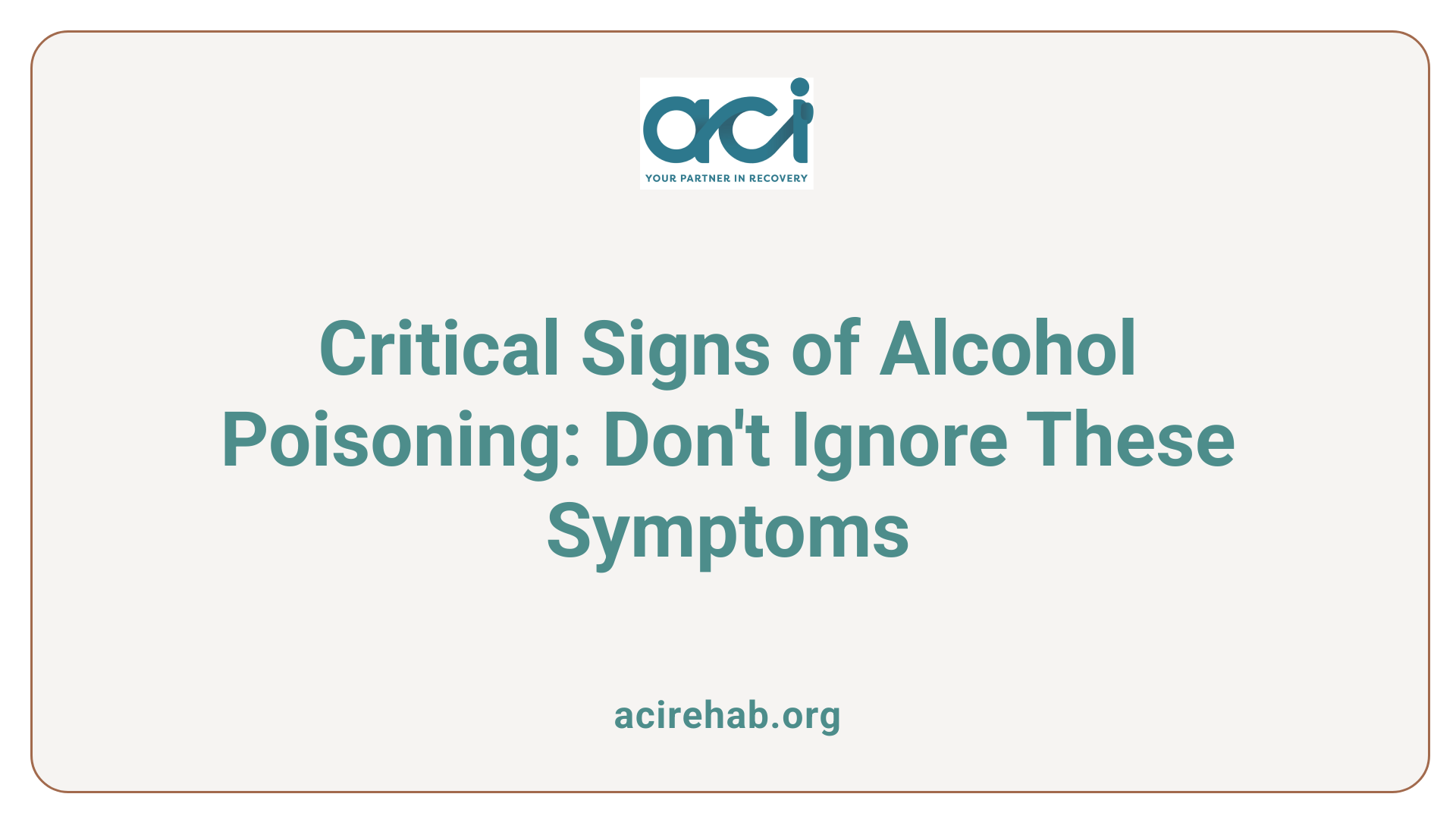
How do you know if you have alcohol poisoning?
Identifying alcohol poisoning is crucial, as it can be life-threatening. Key symptoms to watch for include:
- Mental Confusion: Severe disorientation or an inability to stay awake.
- Physical Signs: Vomiting and seizures are serious indicators.
- Breathing Issues: Look for slow or irregular breathing, characterized by fewer than eight breaths per minute.
- Skin Color: Pale or bluish skin is a critical warning sign, suggesting potential oxygen deprivation.
It’s vital to understand that alcohol poisoning can occur when excessive alcohol intake overwhelms the brain’s ability to manage life-sustaining functions, leading to potential fatalities.
Immediate actions
If you suspect someone is suffering from alcohol poisoning, take immediate action:
- Call Emergency Services: Immediate medical attention is critical.
- Monitor Breathing: Ensure the person remains conscious and their breathing is stable.
- Positioning: Keep them in a safe position, ideally on their side to reduce choking risk, especially if vomiting occurs.
How to respond
In the moments after identifying symptoms, your response can save a life:
- Stay with the individual: Do not leave them alone. Observe any changes in their condition.
- Avoid additional substances: Do not give them food, drink, alcohol, or caffeine; these can worsen symptoms.
- Keep them warm: Cover them with a blanket to prevent hypothermia.
Promptly recognizing and acting upon these symptoms may prevent life-threatening situations.
Prevention of Hangover and Alcohol Poisoning
Guidelines for Safe Drinking
To avoid the uncomfortable aftermath of a hangover or the serious danger posed by alcohol poisoning, it’s important to adopt safe drinking practices. Stick to the following guidelines:
- Set a limit: Plan how many drinks to consume ahead of time.
- Pace yourself: Avoid drinking too quickly; aim for one drink per hour.
- Stay hydrated: Alternate alcoholic drinks with water to reduce dehydration effects.
Recommendations for Reducing Risk
Reduce your risk of hangovers and poisoning by prioritizing your well-being:
- Eat beforehand: Consuming food can help slow the absorption of alcohol.
- Choose beverages wisely: Lighter-colored drinks can often lead to milder hangovers compared to darker ones.
Preventive Measures
Being proactive can significantly lower your chances of experiencing a hangover or alcohol poisoning:
- Limit binge drinking: Avoid consuming five or more drinks in a short span.
- Know your limits: Be mindful of your own tolerance and adjust accordingly.
Long-Term Health Risks Associated with Alcohol Consumption
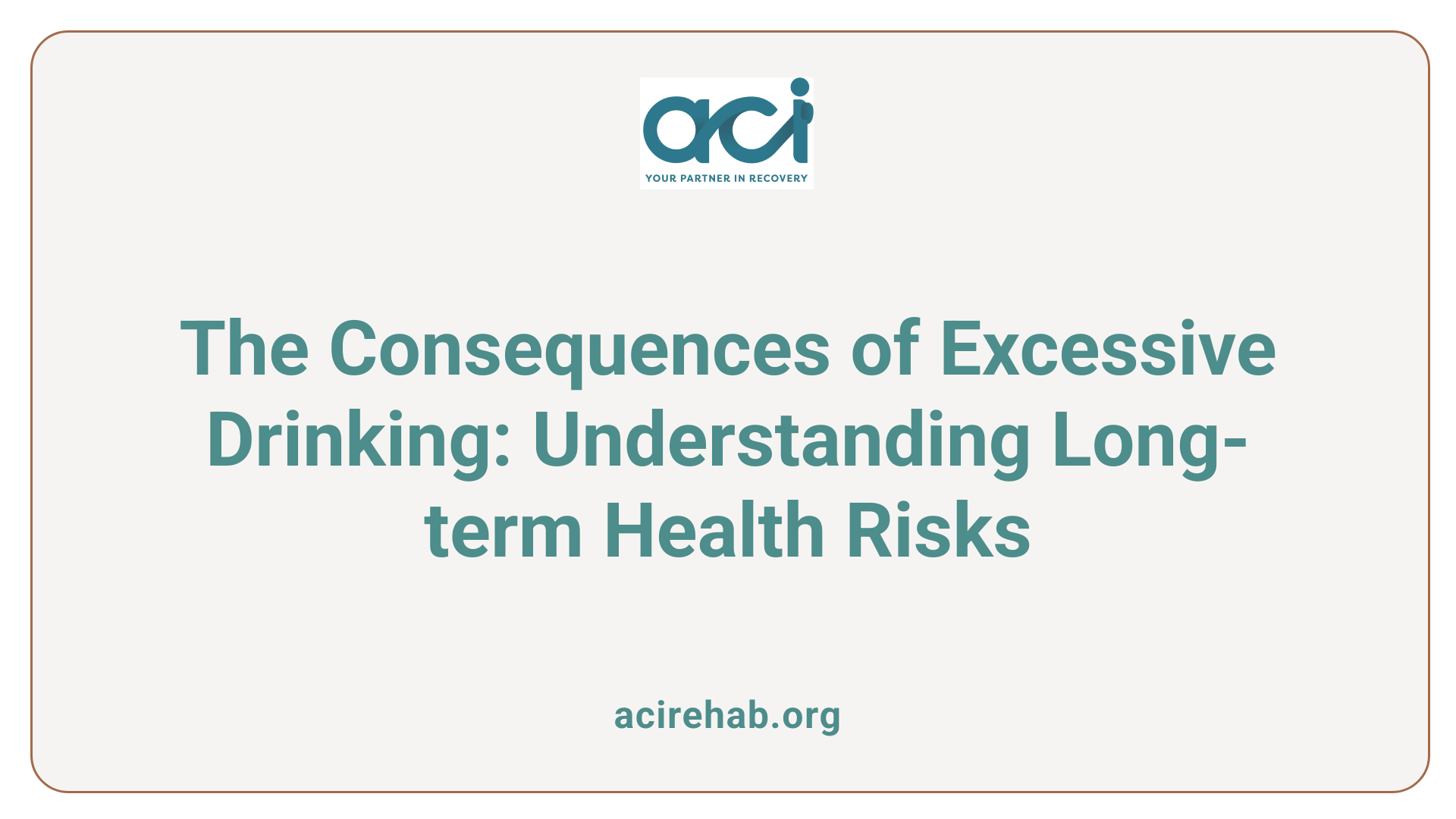
Chronic effects
Excessive alcohol consumption can lead to several chronic health issues. Over time, individuals may face liver diseases such as cirrhosis or fatty liver. Alcoholism can also increase the risk of certain cancers, particularly in the liver, mouth, and throat.
Health implications
Chronic alcohol use may disturb the delicate balance of neurotransmitters in the brain, leading to mental health disorders such as depression and anxiety. Furthermore, it may disrupt various bodily systems, potentially resulting in cardiovascular diseases or high blood pressure.
Importance of moderation
Understanding the long-term effects of alcohol is crucial. Moderation can significantly reduce health risks while still allowing for social enjoyment. Educating oneself about these risks is essential for making informed choices and maintaining overall well-being.
Conclusion
Understanding the distinctions between a hangover and alcohol poisoning is vital to ensure your health and safety. While hangovers are a temporary response to alcohol consumption, reflecting mild withdrawals and treatable discomforts, alcohol poisoning is a medical emergency that can be life-threatening. By recognizing symptoms quickly and taking appropriate health measures, including seeking emergency help when required, you can protect not only your health but also the well-being of those around you. Knowledge and moderation in alcohol consumption remain your best defense against the negative effects of alcohol.
References
- What’s the Difference Between a Hangover & Alcohol Poisoning?
- Key Differences Between Alcohol Poisoning vs Hangover
- How to Spot the Signs of Alcohol Poisoning – Geisinger
- Alcohol Poisoning Symptoms & Treatment – Cleveland Clinic
- Hangovers – Symptoms and causes – Mayo Clinic
- Alcohol poisoning – NHS
- Hangover & Alcohol Poisoning: The Difference | Action Rehab
- Recovering From Alcohol Poisoning | Lifetime Recovery
- Do I Have a Hangover or Alcohol Poisoning? – Steps to Recovery
- Alcohol poisoning – Symptoms and causes – Mayo Clinic

